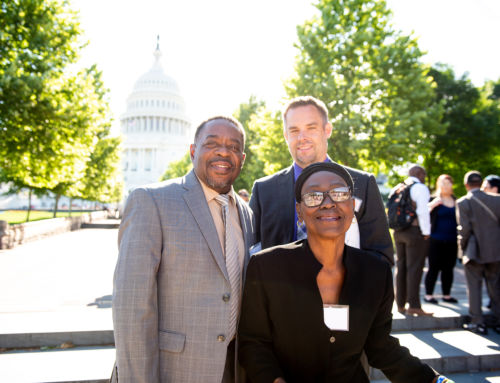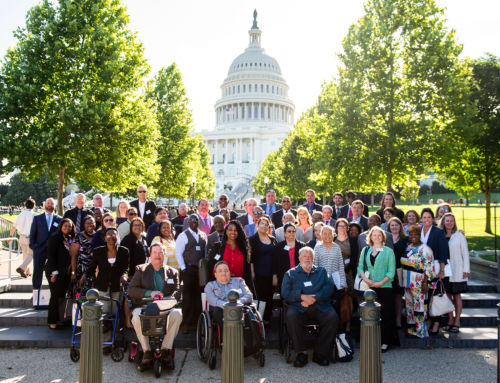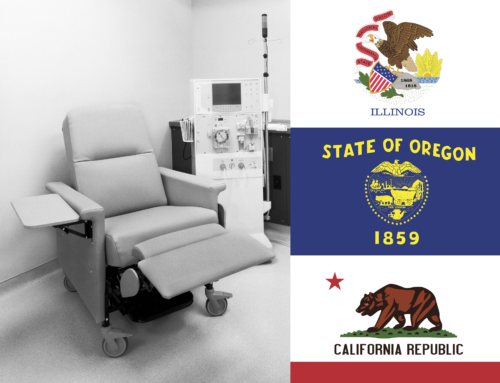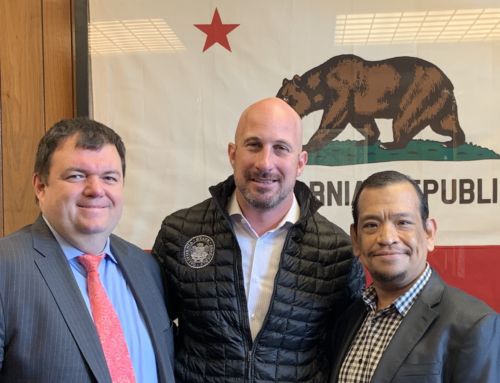The U.S. Secretary of Health and Human Services (HHS), Alex M. Azar II, discussed the future of kidney health in a speech last month.
Azar has a personal connection with the disease as his father had end-stage renal disease (ESRD) and had to go to dialysis multiple times a week. His father was no longer working full-time when the treatment began, making the condition easier to manage. Azar’s father later underwent peritoneal dialysis, calling the treatment a “revolutionary change” in his father’s lifestyle, and ultimately received a transplant from a living donor.
Azar recognizes that his father’s experience with ESRD was lucky as many Americans with ESRD are forced to quit their jobs, do not have more convenient treatment options, and never receive a kidney transplant. Despite the hardships that many Americans with ESRD face, Azar believes we can achieve better outcomes with improved policies and mentions three areas that HHS has already started focusing on to help achieve this goal:
First, we need more efforts to prevent, detect, and slow the progression of kidney disease.
Second, we believe patients with kidney failure deserve more options for treatment, from both today’s technologies and those of the future.
Third, we’re going to look at how we can deliver more organs for transplants and develop wearable and implantable artificial kidneys, so we can help more Americans escape the burdens of dialysis altogether.
Read the full article to learn about the work HHS is doing to improve the lives of Americans with ESRD.













